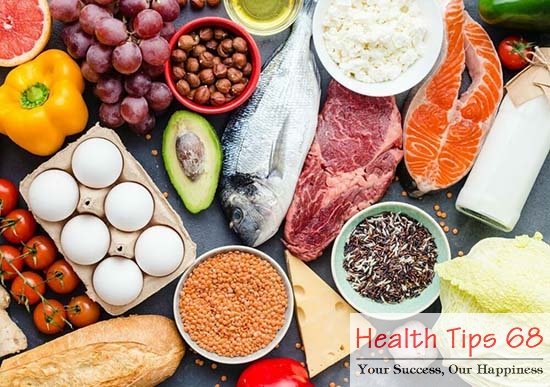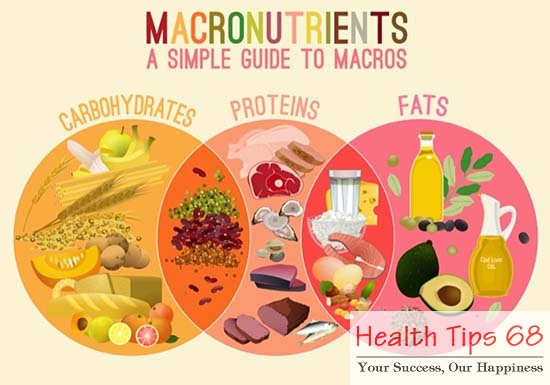Where are the macronutrients located on a nutritional label?
The nutrition label is the table present on every edible item. where are the macronutrients located on a nutritional label? The amount of the nutrients present in the edible item.
There are standard protocols, which are followed to write the quantity type and amount. On the top of the nutrition label, after serving size, the macronutrients are listed. After macronutrients, the micronutrients are listed. On the left side, the type of nutrient is written and on the right side the amount of the nutrient present is written.

The Macronutrients
Macronutrients are essential substances that the body needs to survive and develop. There are 3 main macronutrients: fats, proteins, and carbohydrates. You can find information about these substances in the food that you eat by looking at the product’s nutrition label.
There are three macronutrients required by humans: carbohydrates (sugar), lipids (fats), and proteins. Each of these macronutrients provides energy in the form of calories. For example:
- In carbohydrates, there are 4 calories per gram.
- In proteins, there are 4 calories per gram.
- And in lipids, there are 9 calories per gram.
This means that if you look at a food label and it lists 10 grams of carbohydrates, 0 grams of protein, and 0 grams of fat, that food would contain 40 calories.

There are 3 main macronutrients: fats, proteins, and carbohydrates
Carbohydrate
Many people immediately think of bread, pasta, rice and potatoes when someone says carbohydrate, and they’re not wrong, but many other foods contain carbs too:
- Bread, rice, pasta, oats, quinoa, couscous
- Starchy vegetables (potatoes, corn and pumpkin)
- Beans and pulses (chickpeas, baked beans, lentils)
- Some dairy foods such as milk and yoghurt
- Fruit
- Sugar and honey
Carbohydrates are our bodies’ preferred source of energy, so this macronutrient should make up a lot of our diet.
Protein
Protein is mostly used in our body to build and repair muscle and tissue but has many other important functions as well. Protein foods include:
- Meat and meat products (beef, chicken, lamb, pork or kangaroo)
- Fish and seafood
- Eggs
- Dairy food such as milk and yoghurt (also carbohydrate)
- Beans and pulses (also carbohydrates)
- Nuts (also fats)
- Soy and tofu products
Fat
Fats have been given a bad name, but they too are an important part of our diet. They’re used by the body as energy, storage for vitamins, for production of hormones and as protection for our organs. There are different types of fats:
Saturated
These should be limited, but not necessarily avoided. If eaten in large amounts they can be bad for your heart health. They are found in:
- Meat fat
- Butter
- Full-fat dairy products
- Coconut oil and products
- Peanut oil, palm oil and cottonseed oil
- Our occasional foods such as chips, biscuits and cake
Swapping to reduced-fat dairy, and trimming the fat off your meat before cooking it are good ways to reduce your saturated fat intake.
Unsaturated
We should aim to include more of these fats in our diet, as they have the opposite effect to saturated fats, and can be beneficial for your heart health. They are found in:
- Fish
- Nuts
- Avocados
- Vegetable oils (olive, canola, sunflower, rice bran)
Read more :
>> Research how does a food pyramid help individuals eat a healthy diet?
>> Do you know What is the primary storage form of Carbohydrate in the body?
________________________________________________________________________________________Đầu tư là gì? Kiến Thức Đầu Tư Chứng Khoán Quan Trọng Nhất Trong Quá Trình Đầu Tư?
Mở tài khoản chứng khoán TechcomBank nhanh chóng, thuận tiện giao dịch, bảo mật tuyệt đối.
Đầu Tư Chứng Khoán Xu Hướng Đầu Tư 2021 Hướng dẫn kiếm tiền từ đầu tư chứng khoán
Khóa Học Đầu Tư Chứng Khoán - Khóa học chứng khoán online (miễn phí) cho người mới bắt



